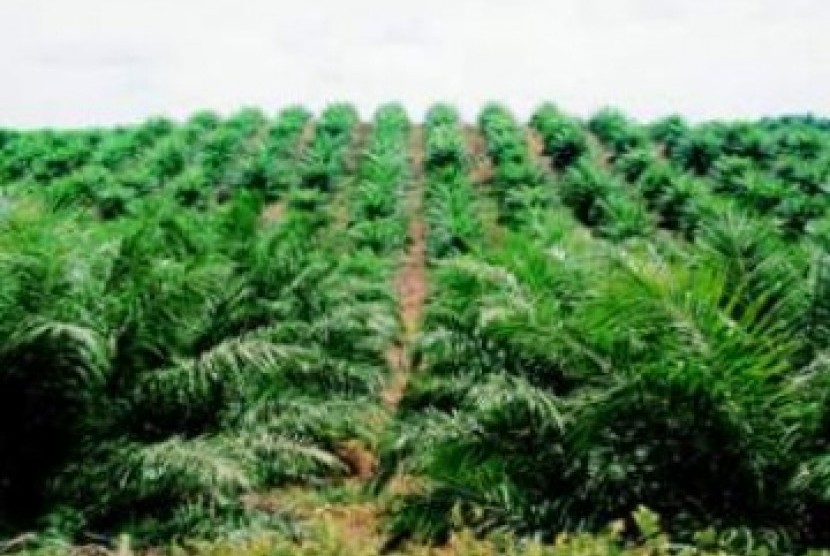REPUBLIKA.CO.ID, JAKARTA -- Indonesian Agriculture Minister Andi Amran Sulaiman will evaluate the export of palm oil and palm oil-based biodiesel to Europe in response to the European Parliament's allegations which harms the national palm oil industry.
"We will evaluate a cooperation agreement that we have signed (with Europe)," he said on Wednesday.
The Agriculture Ministry is not afraid of the European Union's decision to ban Indonesian palm oil from circulating in the European market as Europe is not the only market for Indonesian palm oil, he stated.
The minister noted that he will ask Indonesian palm oil exporters to stop exporting the commodity to Europe.
"Indonesia must not bow to the European Union. If necessary, we will stop palm oil export to Europe," he remarked.
The European Parliament earlier alleged that the Indonesian palm oil industry still caused many problems, including deforestation, corruption, exploitation of children, and abolition of rights of traditional communities.
Environment and Forestry Minister Siti Nurbaya said Indonesia rejects European Parliament's allegation against the Indonesian palm oil industry as groundless and despicable.
In a press statement released recently, Nurbaya referred to the allegation through its "Report on Palm Oil and Deforestation of Rain Forests" issued in Strasbourg on April 4, 2017.
Also read: EU resolution reflects discriminative stance towards palm oil sector: Govt
The minister reacted angrily after hearing the information that the EU parliament has approved the report.
Amran stated that Indonesia currently converts palm oil biofuel B-20, which reaches 3.2 million tons, while Europe imports 7 million tons of it.
He said he had asked palm oil producers not to export the 7 million tons of biofuel to Europe.
"We still have B-30 and need 13 million tons of it. This means that our export will decline, because we will convert it to biodiesel," he revealed.
He pointed out that palm oil industry was Indonesia's internal affairs and that European countries must not intervene in it.
Indonesia currently adopts standard certification of palm oil and its derivatives, known as Indonesian Sustainable Palm Oil. In addition, it also cooperates with Malaysia in certifying palm oil products through Roundtable Sustainable Palm Oil, he concluded.


